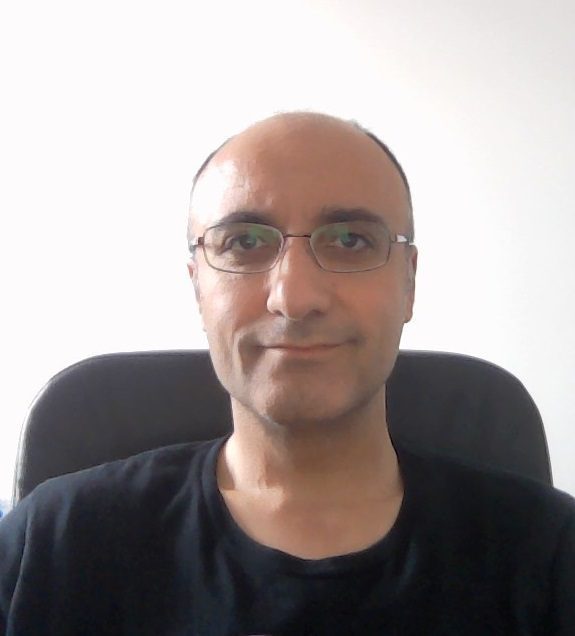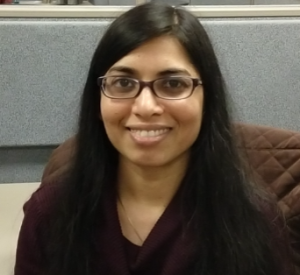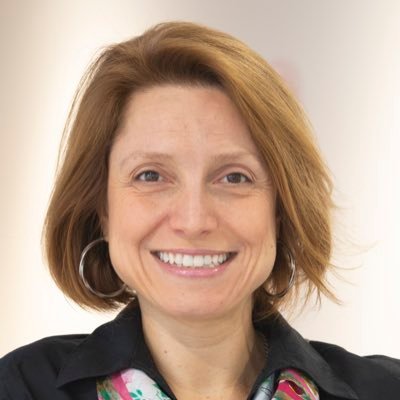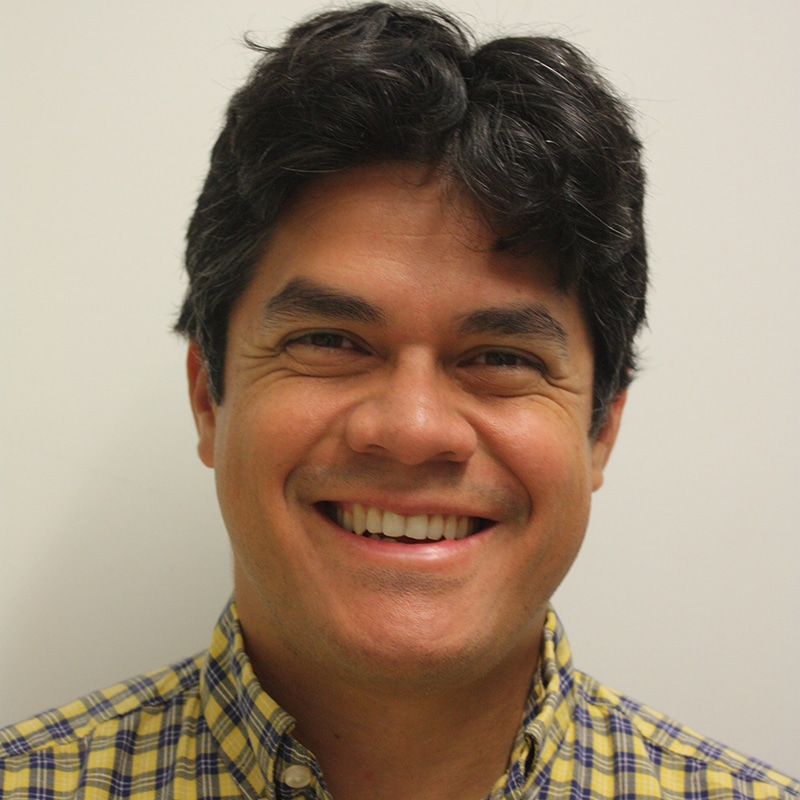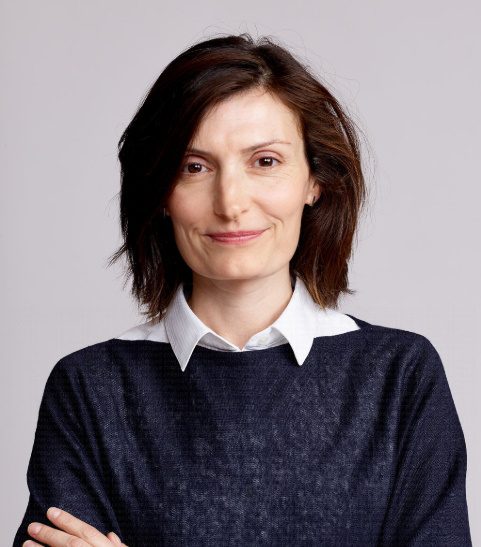General Chair
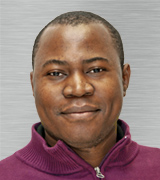
Foutse Khomh is a Full Professor, a Canada CIFAR AI Chair, and FRQ-IVADO Research Chair at Polytechnique Montréal, where he heads the SWAT Lab (http://swat.polymtl.ca/). He received a Ph.D. in Software Engineering from the University of Montréal in 2011. His research interests include software maintenance and evolution, cloud engineering, machine learning systems engineering, empirical software engineering, software analytics, and dependable and trustworthy AI/ML. His work has received four ten-year Most Influential Paper (MIP) Awards, and six Best/Distinguished Paper Awards. He has served on the program committees of several international conferences including ICSE, FSE, ASE, ICSM(E), SANER, MSR, ICPC, SCAM, ESEM and has reviewed for top international journals such as SQJ, JSS, EMSE, TSE, TPAMI, and TOSEM. He is program chair for Satellite Events at SANER 2015, program co-chair of SCAM 2015, ICSME 2018, PROMISE 2019, and ICPC 2019, and general chair of ICPC 2018, SCAM 2020, and general co-chair of SANER 2020. He initiated and co-organizes the Software Engineering for Machine Learning Applications (SEMLA) symposium. He is one of the organizers of the RELENG workshop series (http://releng.polymtl.ca) and Associate Editor for IEEE Software, EMSE, and JSEP.
Program Chairs
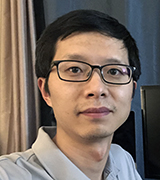
Heng Li is an Assistant Professor at Polyetchnique Montréal. He leads the Maintenance, Operations and Observation of Software with intelligencE (MOOSE) lab at Polytechnique Montréal. The mission of MOOSE is to support intelligent maintenance, operations, and observation of large and complex software systems. Heng Li received his Ph.D. in Computing from Queen’s University in 2018. At Queen’s University, he worked as a PhD student and later as a Postdoctoral Fellow with the NSERC/RIM Industrial Research Chair in Software Engineering in the Software Analysis and Intelligence Lab (SAIL). He also obtained his B.Eng. from Sun Yat-sen University (China) and M.Sc. from Fudan University (China). He has several years of experience working in the industry (Synopsys, BlackBerry) doing software development and research. To know more about his research, please visit https://www.hengli.org/publications/.

Zohreh Sharafi is an assistant professor in the Département de Génie Informatique et Génie Logiciel at Polytechnique Montréal. She was a senior research fellow in the Department of Computer Science and Engineering at the University of Michigan and an NSERC Postdoctoral Fellowship recipient. Her research falls under the umbrella of software engineering and focuses on studying the cognitive processes and human factors involved in software engineering activities. She is interested in studying and improving current software development tools and processes to make them more productive and inclusive. She received the Ph.D. from Polytechnique Montréal (Université de Montréal) in 2015, where she awarded the Fonds de Recherche du Québec Nature et Technologies (FQRNT) Scholarship. Her work has resulted in various peer-reviewed publications, published in top-tier software engineering venues. Prior to the University of Michigan, Zohreh Sharafi has worked in the financial technology sector for four years and contributed to developing the firm’s lead electronic-trading application for listed securities.
Local & Finance Chair

Maxime Lamothe is an assistant professor at Polytechnique Montréal and is currently looking for master’s and Ph.D. students. Maxime studied software build systems as a postdoctoral researcher in the Software REBELs Lab at the University of Waterloo. His doctoral thesis, conducted in the SENSE Lab at Concordia University, focused on reducing knowledge gaps between the users and developers of software APIs. He obtained his Ph.D. from Concordia University (2020), M. Eng. degree from Concordia University (2017), and B. Eng. from McGill University (2013).
Registration & Poster chairs
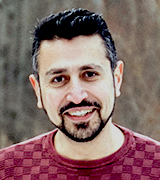
Mohammad Adnan Hamdaqa is an Assistant Professor in the Department of Computer Engineering and Software Engineering at Polytechnique Montréal (Canada), where he heads the Software and Emerging Technologies Lab. He is also an adjunct professor in the computer science department of the University of Reykjavik (Iceland). He obtained a doctorate in software engineering from the University of Waterloo in Canada in 2016. He holds a bachelor’s degree in computer engineering, a master’s in applied science (software engineering), and a master’s in business administration. (MBA) with a minor in Management Information Systems (MIS). He is interested in the interplay between emerging technologies and software engineering. In particular, he is interested in how approaches, Software engineering methods, and practices can be adapted to tame the complexities of architecture, construction, and deployment of applications for new emerging platforms (eg, Cloud Computing, Blockchain). In addition, he is interested in how emerging technologies can be used to advance the queue of creating, evolving, and managing software applications. He has contributed and published articles in the fields of model-driven software engineering, cloud computing, and blockchain. He is a member of the IEEE Computer Society (CS) and the Association for Computing Machinery (ACM).
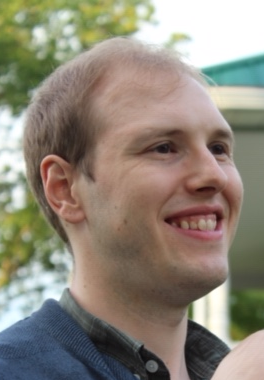
Bentley James Oakes is an Assistant Professor in the Department of Computer Engineering and Software Engineering at Polytechnique Montréal (Canada). His research focuses on enabling domain experts to efficiently capture and utilize their knowledge to build software systems (including digital twins) through a model-driven approach. The goal is to minimize the cognitive and time needed to construct these systems while maximizing the insights gained during the engineering process. He is also the lead organizer for the Software Engineering at Montréal (SEMTL) meetings, a regular seminar series for software engineering researchers in Montréal. Dr. Oakes previously held post-doctoral positions at the University of Montréal, focusing on domain-specific machine learning workflows, and the University of Antwerp, where he collaborated with industrial partners on cyber-physical systems and digital twins. He earned my Ph.D. from McGill University in 2019, specializing in model transformation verification. He taught Introduction to Programming and was a visiting researcher in Michigan, USA, and Munich, Germany.
Social & volunteer chair
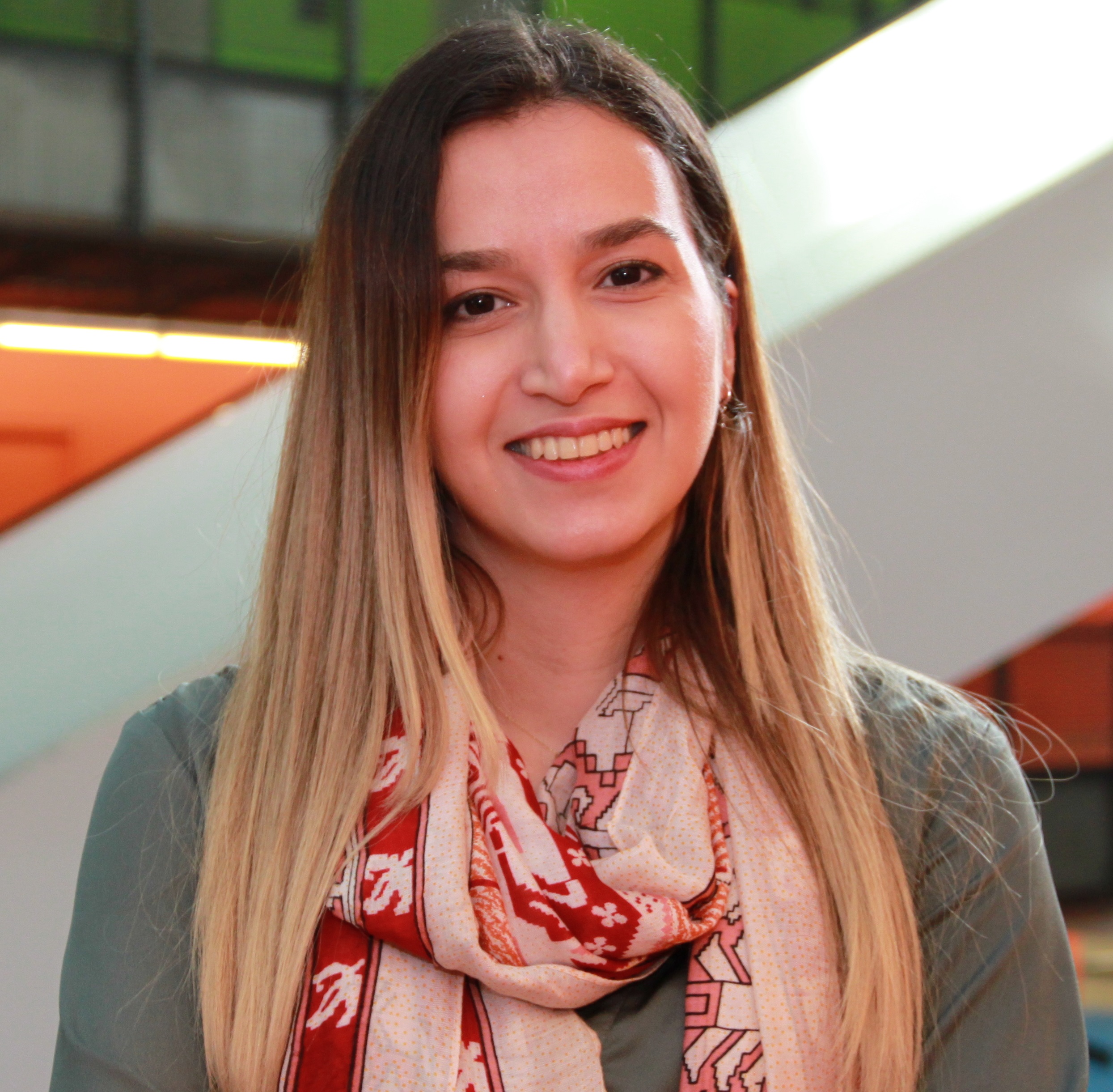
Arghavan Moradi Dakhel is a postdoctoral Fellow in the SWAT lab at Polytechnique Montréal and Mila Quebec. She has a Ph.D. from Polytechnique Montréal under the supervision of Prof. Michel Desmarais and Prof. Foutse Khomh. During her Ph.D., She proposed methods to learn and generate high-quality code with different LLM-based programming assistant tools. She also used linguistic theories to model the expertise of developers based on their coding practices. Her research interests intersect in the areas of ML/DL, program synthesis, software engineering, and human-computer/AI interaction. She currently works on finding methods where both human developers and AI-based assistant tools contribute to shaping software. She has also several years of experience working in the industry (Samsung Electronic, Ericsson) in the area of software development and project management. To know more about her research, please visit https://www.arghavanmoradi.me/
Multi-media Chair
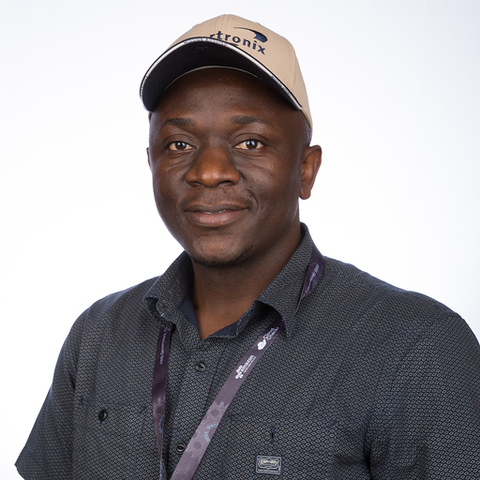
Armstrong Foundjem is a postdoctoral fellow at Polytechnique Montréal, working on the DEEL project on Dependable and Explainable, Learning. In particular, his research focuses on the certifiability of safety-critical AI systems under the supervision of Profs: G. Antoniol, E. Merlo, and F. Khomh. His empirical research follows mixed-methods approaches at the intersection of sustainability of software ecosystems, intersectionality, social network analysis of SECO communities (graphical neural network –GNN), release engineering (DevOps/MLOps), natural language processing — large language models (LLM), representation and lifelong learning, human-centered design, and human-computer interaction. He defended his Ph.D. thesis “Software Ecosystem Sustainability – A socio-technical Perspective” at Queen’s University in June 2022, advised by Prof. Bram Adams. His work has been featured in top-tier software engineering venues such as ICSE, TSE, EMSE, and ICST.



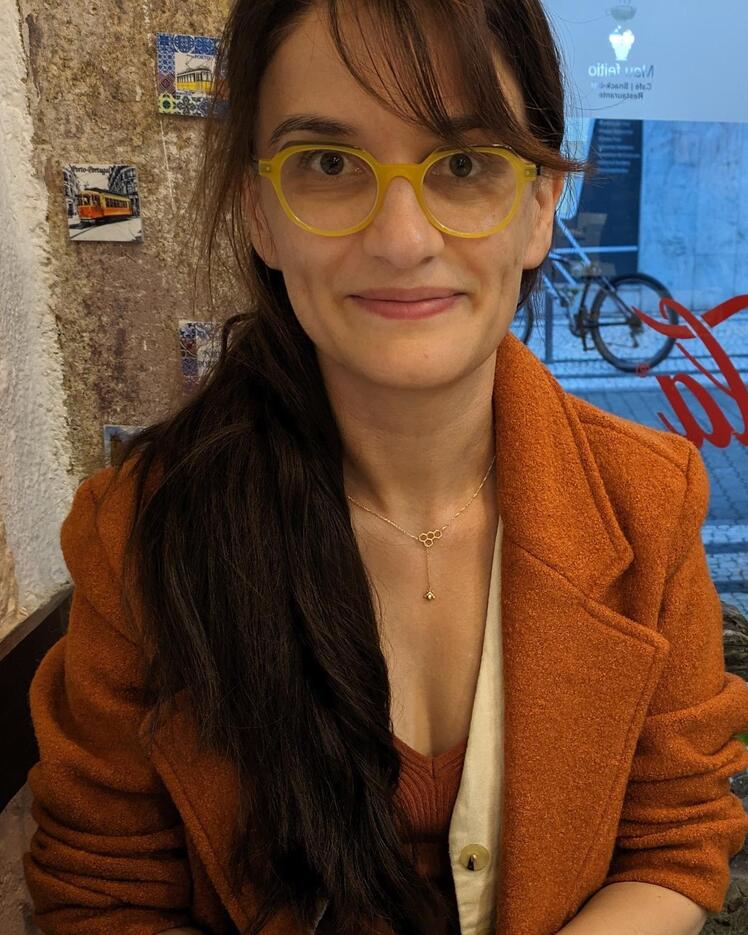
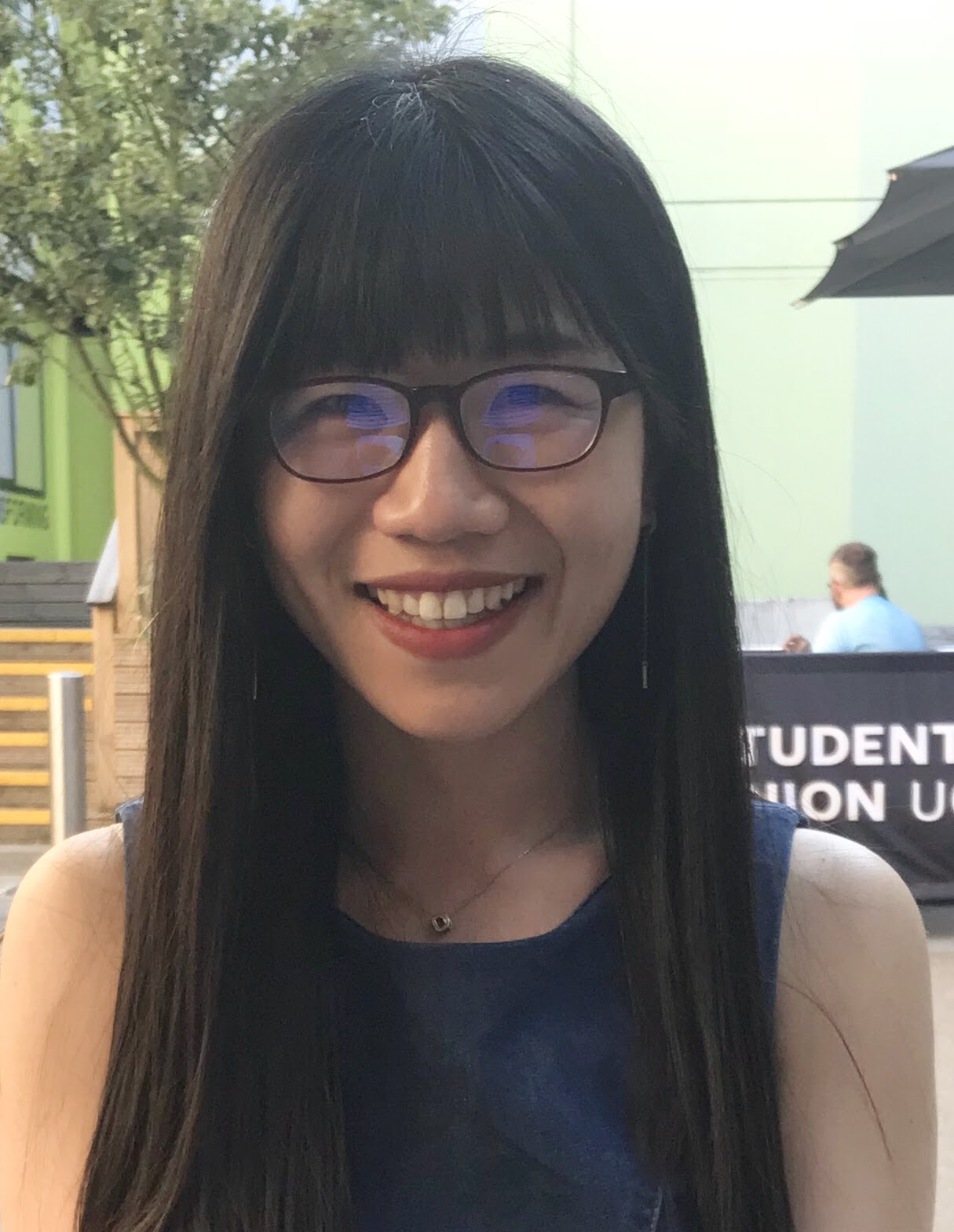

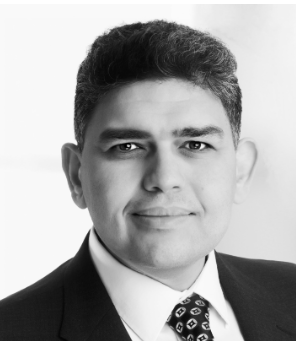

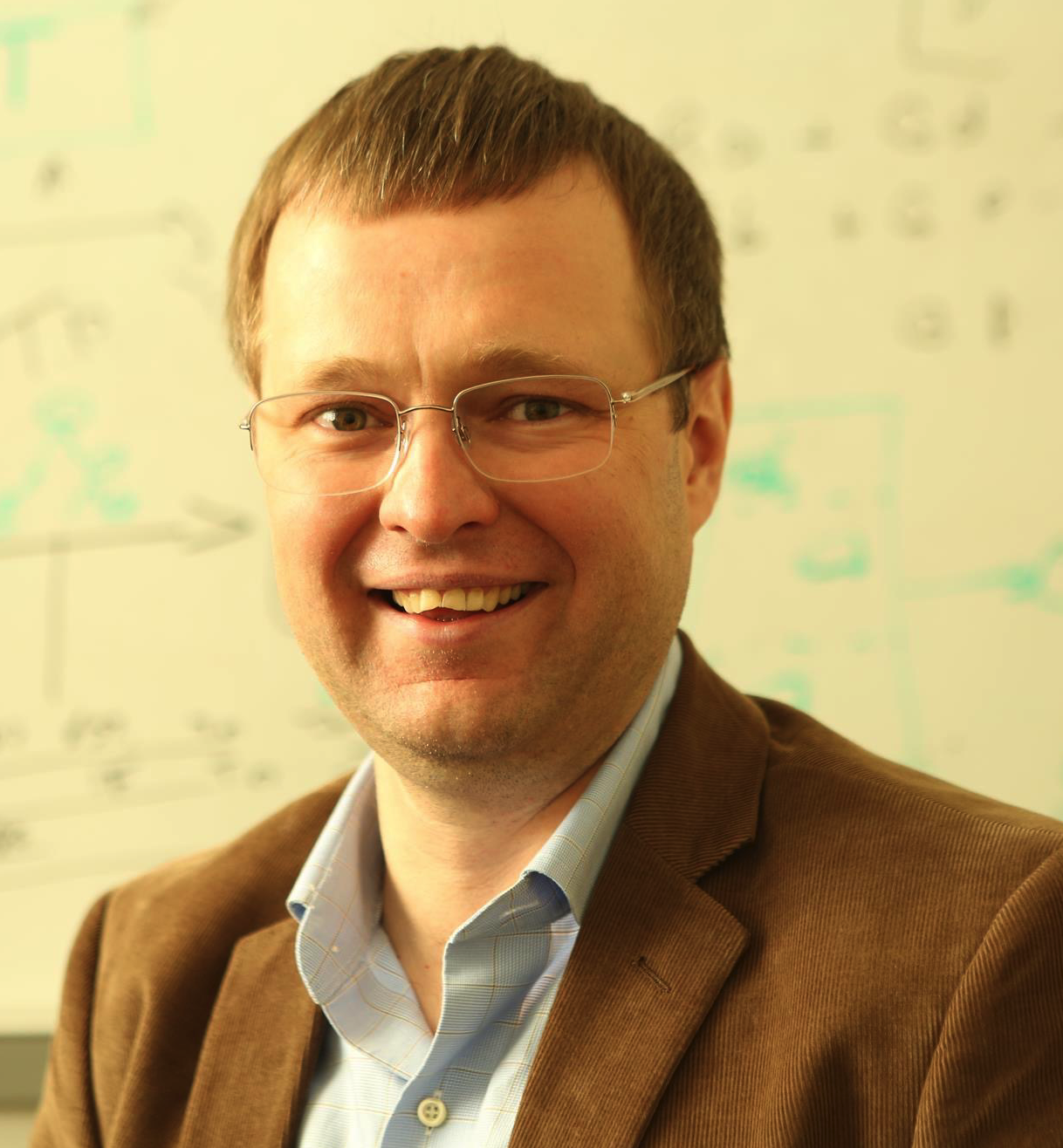
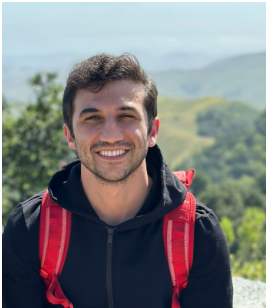
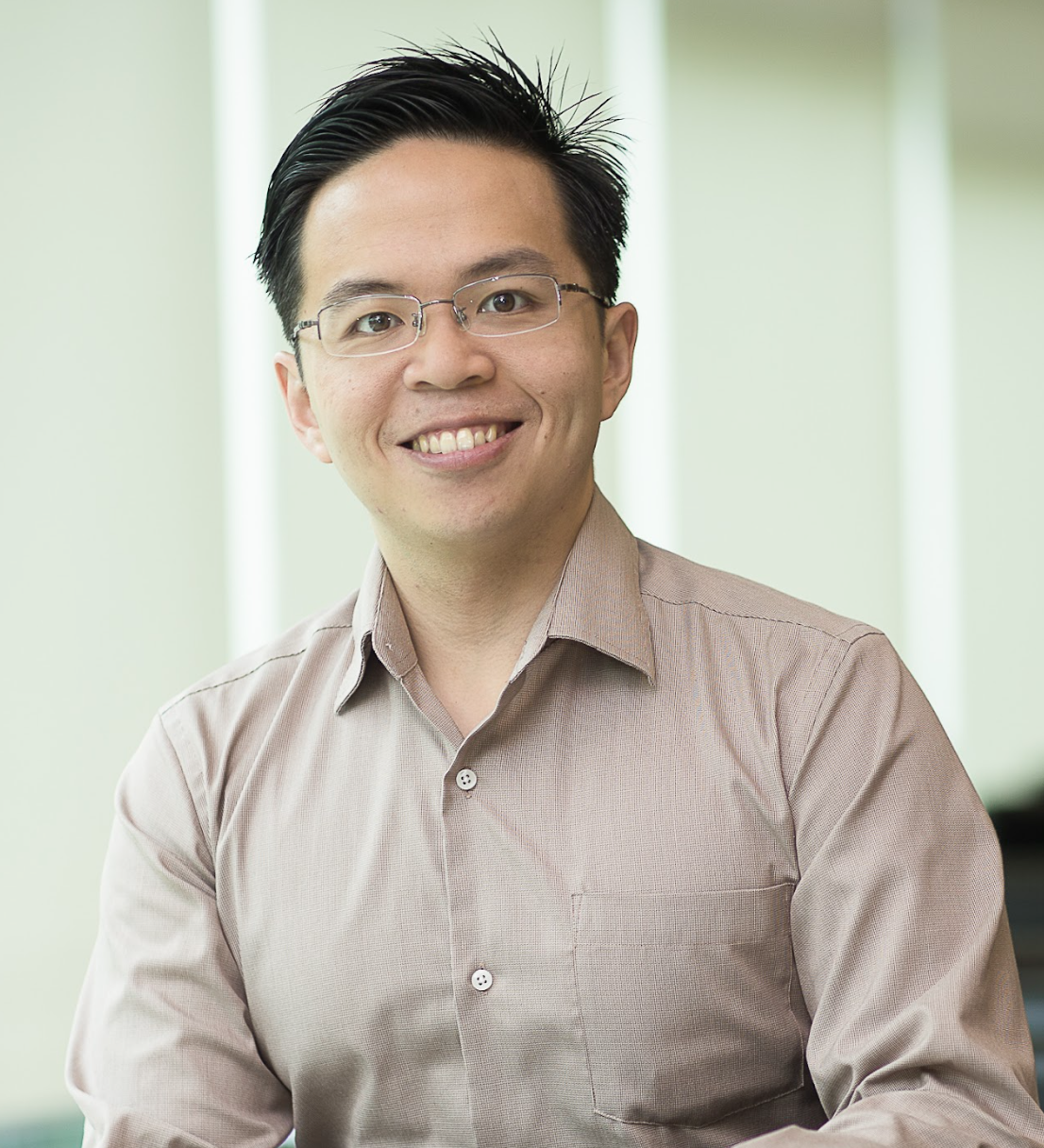
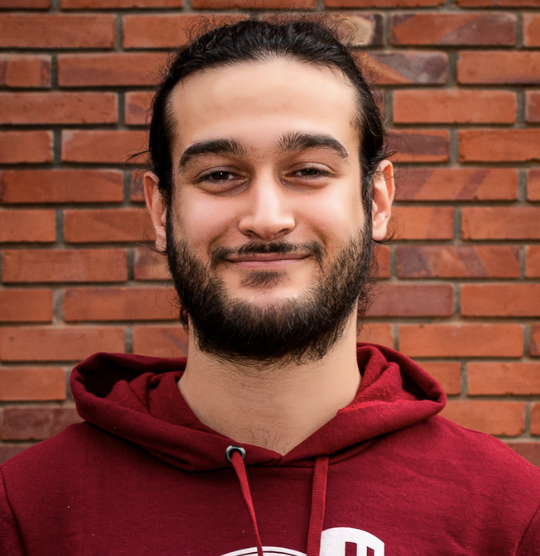
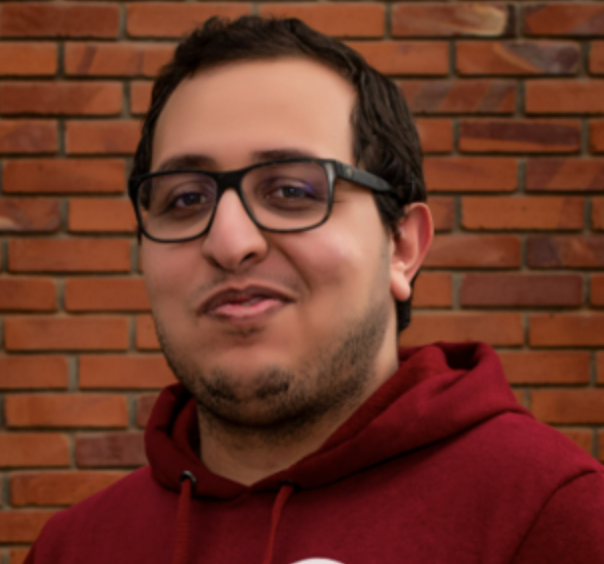



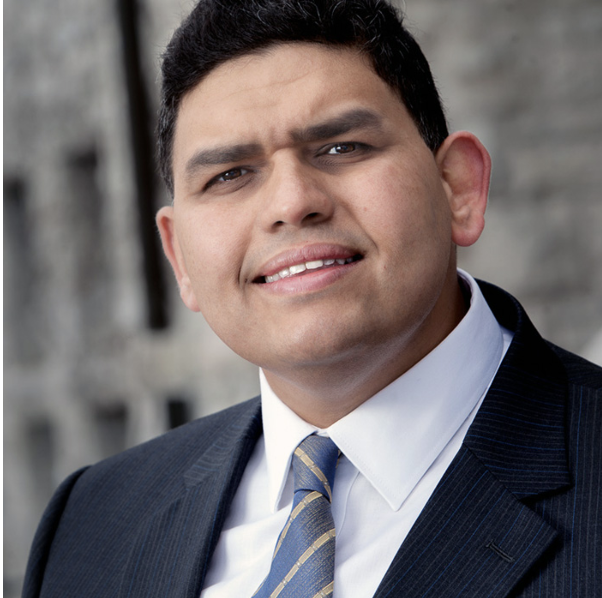

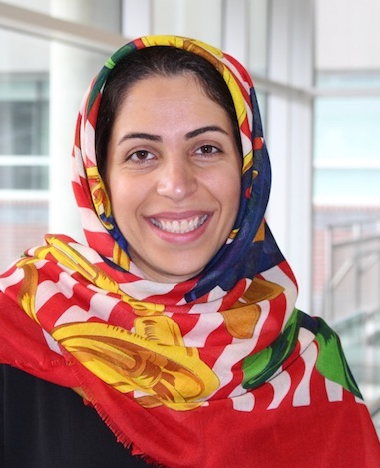






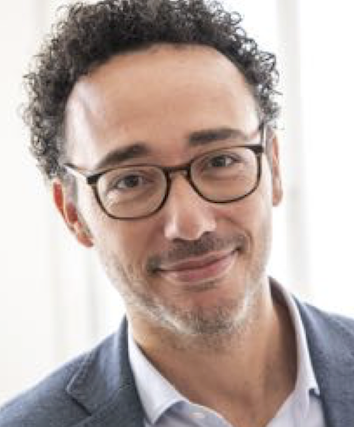
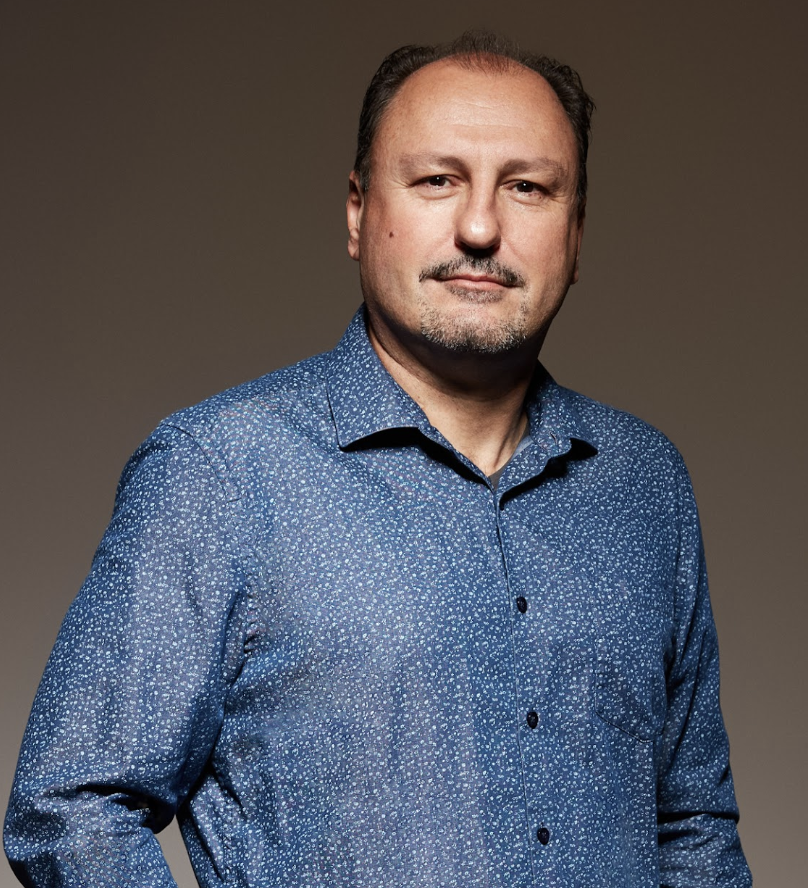
 Abstract: Anomaly detection plays an important role in management of modern large-scale distributed systems. Logs, which record system runtime information, are widely used for anomaly detection. However, Unsupervised anomaly detection algorithms face challenges in addressing complex systems, which generate vast amounts of multivariate time series data. Timely anomaly detection is crucial for managing these systems effectively and minimizing downtime. This proactive approach minimizes system downtime and plays a vital role in incident management for large-scale systems. To address these challenges, a method called Multi-Scale Convolutional Recurrent Encoder-Decoder (MSCRED) has been developed for detecting anomalies in CN PTC system logs. MSCRED leverages the power of multivariate time series data to perform anomaly detection and diagnosis. It creates multi-scale signature matrices that capture different levels of system statuses across various time steps. The method utilizes a convolutional encoder to capture inter-sensor correlations and a Convolutional Long-Short Term Memory (ConvLSTM) network with attention mechanisms to capture temporal patterns.
Abstract: Anomaly detection plays an important role in management of modern large-scale distributed systems. Logs, which record system runtime information, are widely used for anomaly detection. However, Unsupervised anomaly detection algorithms face challenges in addressing complex systems, which generate vast amounts of multivariate time series data. Timely anomaly detection is crucial for managing these systems effectively and minimizing downtime. This proactive approach minimizes system downtime and plays a vital role in incident management for large-scale systems. To address these challenges, a method called Multi-Scale Convolutional Recurrent Encoder-Decoder (MSCRED) has been developed for detecting anomalies in CN PTC system logs. MSCRED leverages the power of multivariate time series data to perform anomaly detection and diagnosis. It creates multi-scale signature matrices that capture different levels of system statuses across various time steps. The method utilizes a convolutional encoder to capture inter-sensor correlations and a Convolutional Long-Short Term Memory (ConvLSTM) network with attention mechanisms to capture temporal patterns.
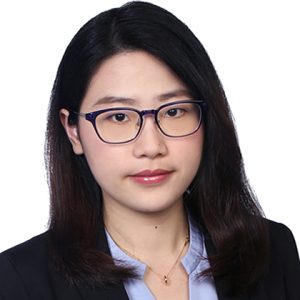 Abstract
Abstract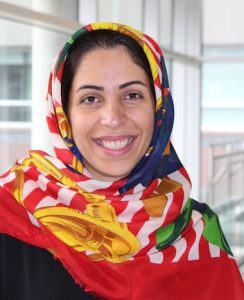 Abstract: Language models such as RoBERTa, CodeBERT, and GraphCodeBERT have gotten much attention in the past three years for various Software Engineering tasks. Though these models are proven to have state-of-the-art performance for many SE tasks, such as code summarization, they often require to be fully fine-tuned for the downstream task. Is there a better way for fine-tuning these models that require training fewer parameters? Can we impose new information on the current models without pre-training them again? How do these models perform for different programming languages, especially low-resource ones with less training data available? How can we use the knowledge learned from other programming languages to improve the performance of low-resource languages? This talk will review a series of experiments and our contributions to answering these questions.
Abstract: Language models such as RoBERTa, CodeBERT, and GraphCodeBERT have gotten much attention in the past three years for various Software Engineering tasks. Though these models are proven to have state-of-the-art performance for many SE tasks, such as code summarization, they often require to be fully fine-tuned for the downstream task. Is there a better way for fine-tuning these models that require training fewer parameters? Can we impose new information on the current models without pre-training them again? How do these models perform for different programming languages, especially low-resource ones with less training data available? How can we use the knowledge learned from other programming languages to improve the performance of low-resource languages? This talk will review a series of experiments and our contributions to answering these questions.